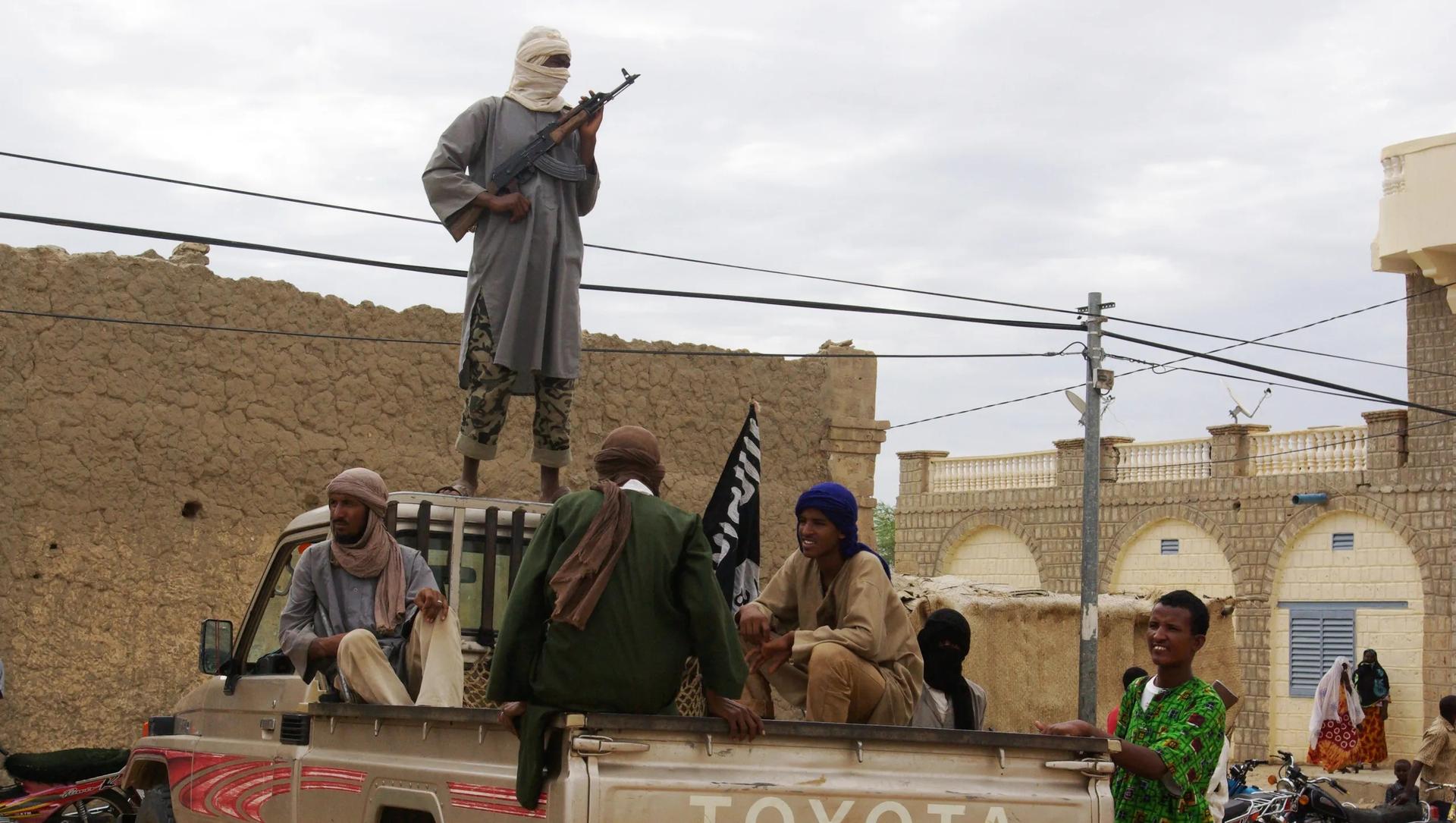YAOUNDÈ, Cameroon – A leading bishop in Burkina Faso in west Africa, a majority Muslim country with a significant Christian minority, has warned that two-thirds of the country’s desert region is now controlled by Islamic terrorists, endangering security and crippling the church’s pastoral mission.
“From a pastoral point of view, we can no longer move around as we did before,” said Bishop Laurent Dabiré of Dori, who is also the president of the bishops’ conference of Burkina Faso and Niger, in an interview with the papal charity Aid to the Church in Need.
“Our scope of action is much smaller, because the terrorists occupy two thirds of the territory of the Sahel,” he said. “All we have left, practically, are the provincial capitals.”
For the past seven years, Burkina Faso been the theater of terrorist activity as terrorist organizations seek to expand their scope and influence across the African Sahel. Human Rights Watch reports that terrorist attacks forced “over 237,000 people to flee their homes in 2021, bringing the total number of internally displaced people since 2016 to over 1.4 million, or 6 percent of the population.”
Some notable incidents include a June 11, 2022, attack in Seytenga in the province of Seno in northeastern Burkina Faso in which over 100 people were killed. On June 5, 2021, over 160 people were killed in an attack on the village of Solhan, and on April 26, 2021, an Irish national and two Spaniards were killed in an ambush on a road between Fada-N’Gourma and Pama.
The year 2023 has begun with yet another terrorist-triggered death with the killing of Father Jacques Yaro Zerbo in what Bishop Prosper Bonaventure Ky of Dédougou has described as “ cold-blooded murder” by unknown gunmen.
In an interview with ACN, Dabiré said the Sahel regions of Burkina Faso are now largely controlled by terrorists, making it harder for the Church to do its duty by the citizens.
“The consequences of this wave of terrorism over the past seven years have been terrible,” the cleric told ACN.
He said the wave of terrorist attacks has forced the church to close three of six parishes in the Dori diocese, and another has been blockaded.
“When an area becomes dangerous because of the presence of terrorists, it is often the parishioners themselves who ask that their priests be sent to a safe place because they know that they will be in greater danger,” the cleric said.
He said most of the terrorist groups are of a Muslim character, with some openly declaring that they want to create a caliphate.
“Fifty percent of our territory is under occupation” he said. “Some groups have explicitly declared their intentions, but with others you need go no further than their names, such as the Group for the Support of Islam and Muslims, which explicitly aims to impose Islam on the whole country, including through the use of terrorism.”
“Of course, this implies having to suppress the current society, which is multi-religious, and marked by dialogue and coexistence,” Dabiré said. “The terrorists want to eradicate this society and all who do not profess the same brand of Islam, including Muslims, which means that the terrorism is now aimed at society as a whole.”
The bishop said terrorism has exhausted the people, with many of them “mourning the loss of family members.”
What is happening in Burkina Faso cuts across the Africa Sahel where terrorism has gained a significant foothold. In fact, the Sahel from Senegal to Sudan is home to some of the fastest-growing and deadliest terrorist groups in the world.
According to the Global Terrorism Index, terrorism-related deaths in the Sahel accounted for 35 percent of the global total in 2021, up from just 1 percent in 2007. The index reports that in Burkina Faso,732 people were killed in 2021, 574 were killed in Mali and 588 in Niger.
UN Secretary General Antonio Guterres has expressed concern that jihadist violence could spread south and west to affect coastal countries in West Africa.
“It started in Mali, it went to Burkina Faso, Niger and now, when we speak with the presidents of Ghana, Benin, Togo, and Ivory Coast, they say that terrorism is coming to their borders,” Guterres said recently at a regional counter-terrorism conference in Kenya’s capital Nairobi.
“I totally believe we are not winning the war against terrorism in the Sahel and that the operation should be strengthened,” he said.
As terrorism spreads, the church is adapting as best it can to continue spreading the Gospel, particularly to people whose lives have been disrupted by terrorist attacks.
“We have organized pastoral care for internally displaced persons, who number two million to date,” Dabiré said.
“This is a difficult time, but I can also see some graces in it: we are united in this predicament!” he said.
“Radio has been a great help for us to reach the displaced, and when communications are down completely, we try to use the humanitarian and military convoys to send short written messages to those who are isolated, to provide them with information and try to find out how they are. Occasionally we have been able to get food and supplies to isolated areas thanks to the military convoys,” Dabiré said.
“We adapt to the situation as best we can.”













